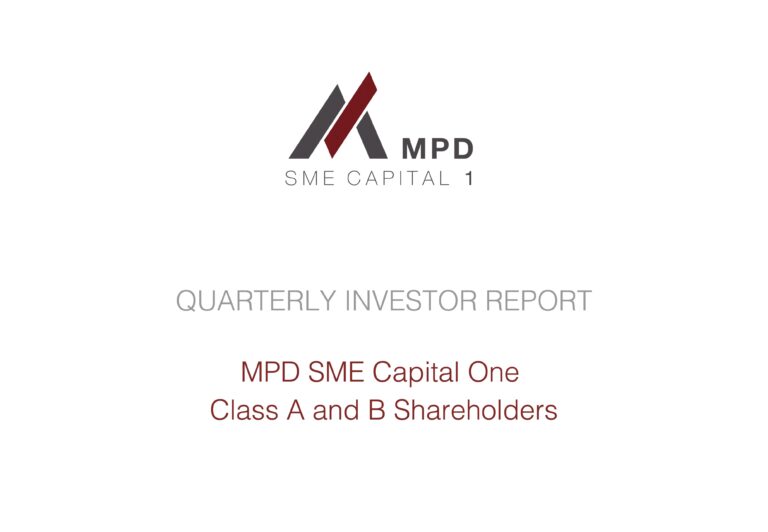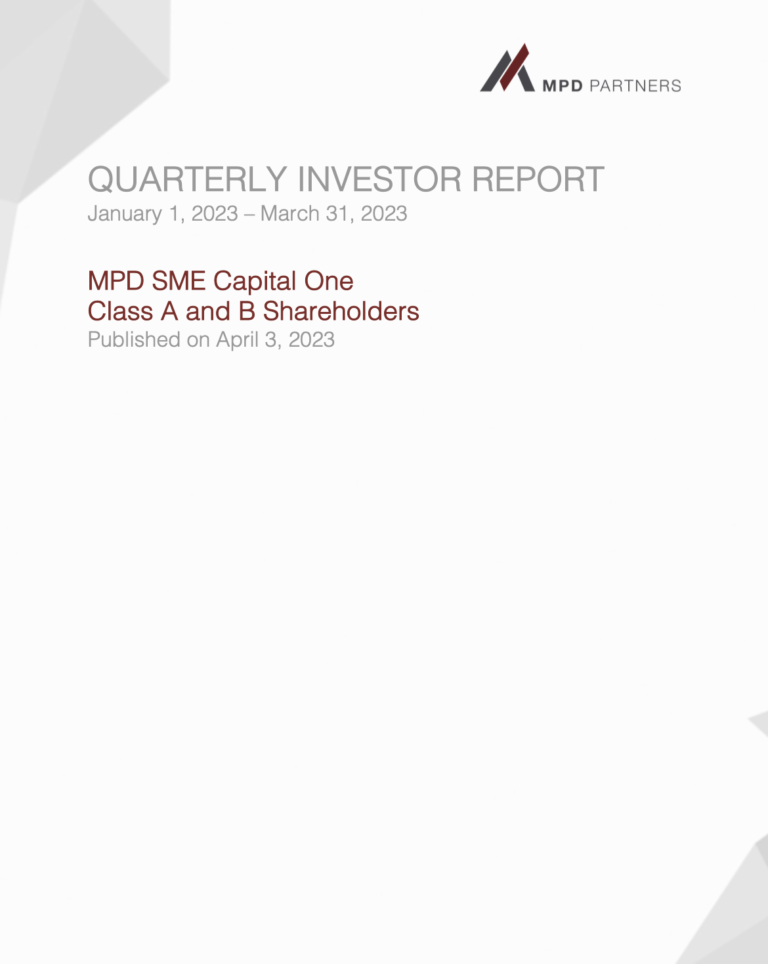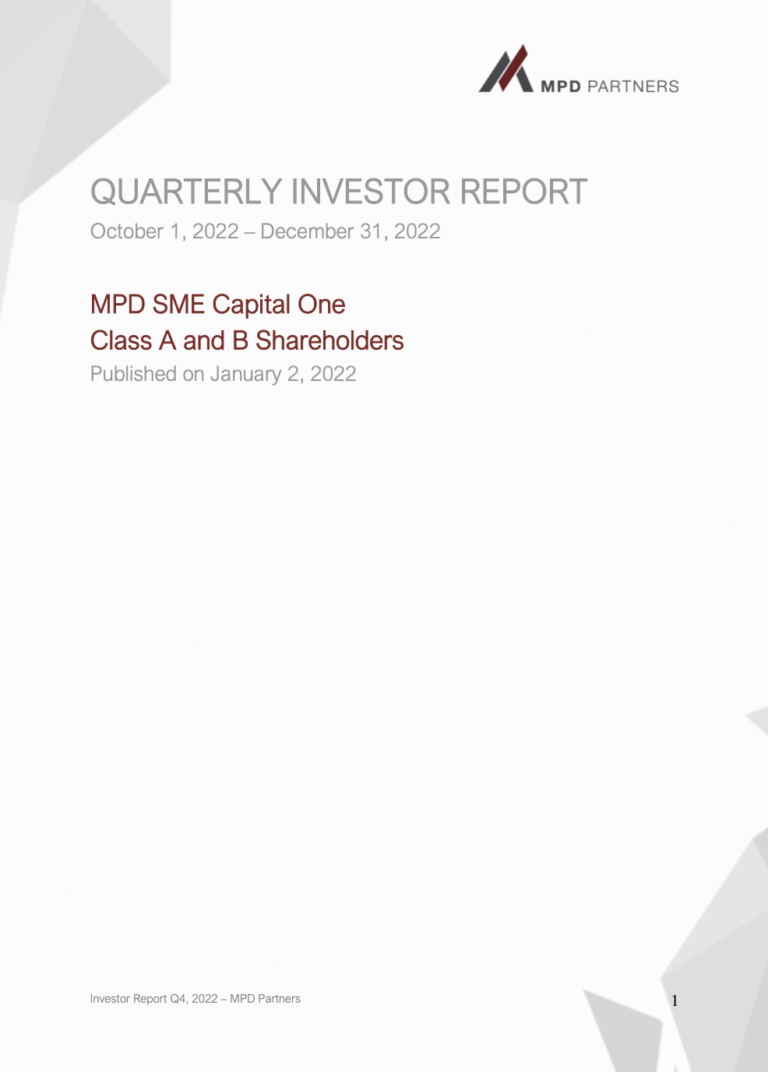Self-protection is paramount in modern Private Equity
With recession, and possibly depression, in the wake of the Covid-19 pandemic, SMEs dream of fast forwarding to 2023 and find themselves “still standing”, as Sir Elton beautifully sings. Joyful dreams cost nothing, as we know, yet rehab can be darn expensive.
In the European Central Bank survey on Access to Finance of Enterprise, the results suggested that during the period from October 2019 to March 2020, Italian SMEs reported a sharp decline in profits. Because of high vulnerability faced by the Italian financial sector, especially amid coronavirus crisis, SMEs are negatively affected and short on cash flow to sustain their operations. These companies can resort to other funding options such as equity crowd funding or capital injection from private equity investors who can also aid SMEs in strategizing, structuring and organizing their business plans.
When the fear of bear market and depressed valuations is hovering around the equity market, vast pool of private equity investors are already binging on companies with attractive prices. For instance, in February 2020, private equity investors, Advent International, Cinven and German foundation RAG, agreed to pay €17.2 billion for the German conglomerate Thyssenkrupp’s Elevator business. By the time this deal was signed, Europe Stoxx600 index fell 13% from a level of 434 to 375. This is remarkable to note that amidst deteriorating equity market sentiment, private investors are willing to look beyond the volatility in the capital markets and determined to pick assets at bargain prices with the aim to maximize their return over the investment horizon.
If the economy goes sour, SMEs focused Private Equity that leverage on investment horizon flexibility and attractive acquisition terms, could still boast hefty returns. In order to achieve that, PE operators must ensure that the price is attractive, risk assessment is sound and due diligence is properly done, aiming to preserving long-term value. McKinsey suggested in its report on Lessons for private equity from the last downturn that PE firms with portfolio value-creation teams outperformed in the last crisis of 2008, generating higher returns and raising more capital afterwards.
We liked the McKinsey report COVID 19: Global health and crisis response (published on April 13, 2020). However, our current focus on acquiring companies that will be ‘still standing’ in few years, and the flexibility of our investment horizon, allows us to wait for our desired exit values whatever the U, V or L curve that the report talks about. Any form of economic recovery could be a tiny little step from standing still to becoming the Rocket-man. Hence, returns may shoot up through the roof.
MPD Partners in a sweet spot with MPD SME Capital One
We have seen it all since 2014 – even in the “good times” many SMEs struggles to balance the accounts – and we are ready. It is business as usual, as far as execution is concerned. Sailing through choppy waters we listen, think fast, plan and swiftly plan again, adjusting goals and executing carefully based on shifting mandate needs in this unprecedented crisis.
Some SMEs have advantages, they can adapt faster than others. As MPD Partners Mirco Coccoli put it, “reacting promptly to crises for large corporations is like changing altitude fast with an Airbus 380, that’s hard to do. Yet with SMEs, it is decidedly more similar to riding a Firefighter plane. They work in an agile environment with limited resources, many are used to it.”
During the Covid-19 crisis, our portfolio company La Centrale de Prévoyance has proved to be an example of accurate management control, as we turned it around by reducing costs by over 60%. As a result, in just two months, the business was back on track while the economy is still healing.
More than $2 trillion of dry powder with private equity sponsors
At the start of 2020, data from Preqin, Dealogic and other sources suggested that across funds dedicated to buy-outs of established companies, venture capital, specialist real estate funds and distressed funds, private equity investors have more than $2 trillion of money yet to be invested.
Roadshows and networking point to large private pools of capital waiting in the wings, coming from family offices, sovereign wealth funds and activists, all providers of key financial support. These actors trust private equity that can take majority/minority equity stakes, opportunistically, and buy debt (where applicable) to engineer later debt-for-equity swap deals. Most of those involved here occasionally opt for partnerships, generally using various funding tools to help companies in trouble.
MPD Partners is in talks with many of them via our ad-hoc investment and management vehicle, MPD SME Capital One, which boasts a team of 20 pros eager to boost transparency standards and actual returns of the target.
COVID-19 on Private Equity: The Basics
Private Equity is broadly impacted, but our own turf looks safe
Many SMEs are struggling, and bigger PE firms are not looking at the SMEs that we typically invest in. According to Private Equity Monitor, PE deals below the €10 million value represent, less than 13% of the total number of PE deals in Italy in a period from 2017-2019, while around 58% of the total PE deals account for the targets of size up to €50 million. This statistic is incoherent with the dominance of the SMEs landscape in Italy that accounts for nearly 80% of the industrial and service labor force, as OECD stated in the book – Financing SMEs and Entrepreneurs 2020. These observations reflect on availability of an abundant space to operate in the SME environment and after 2015, we witnessed a growing inclination of private equity players towards smaller deals, probably because the direct investment industry is maturing.
In order to foster development in the SMEs, the lawmakers also incentivize private equity investments in companies. As an example, the Italian government has put together a set of incentives for private investments in SMEs, with a tax credit for private and legal entities that goes from 30% to 50% of the amount invested.
More room for valuation improvement for PE investments in SMEs
PE managers are now in a stronger negotiating position and sellers may be more receptive to a mutual agreement on transactions. According to KPMG PE Multiple Outlook, while deal multiples fell across the Private Equity market as a whole (from a record 13.2x earnings in 2018 to 11.0x in 2019), multiples in the mid- market remained steady at 11.6x earnings in 2019, down from 11.9x in 2018. Notably, multiples across the wider M&A market fell significantly last year, from 11.4x in 2018, to 8.5x earnings in 2019. On top of that, the current uncertainties arising due to the coronavirus impact, call for even lower multiples in private equity transactions.
Sell side firms, that are keen on raising cash, might give in to the lower valuation than that prevailed at the start of 2020, and the buy side firms such as MPD SME Capital One might experience a big buying opportunity in private equity.
We, as MPD SME Capital One, are completely equipped to manage the risk that the companies face with disruptions in supply chain, change in consumer spending behavior and transformation at workplace to adapt to novel social-distancing requirements.





